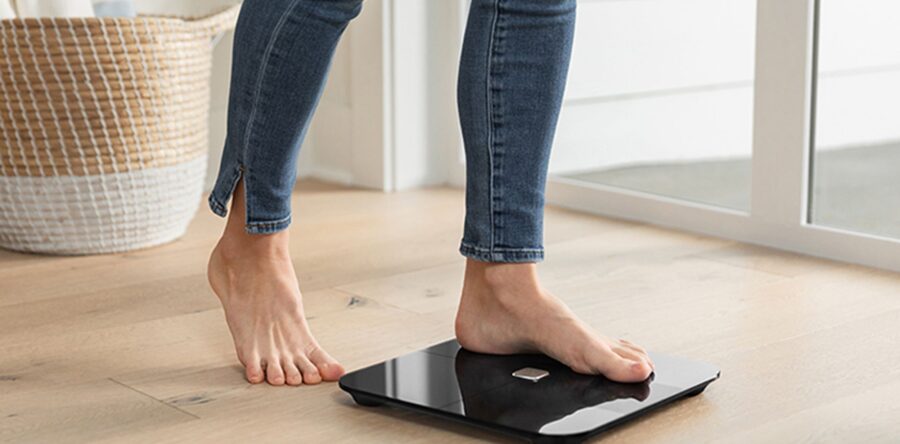You've probably heard conflicting information on how often you should step on the scale to weigh yourself. While different methods may work differently for any one person, there is evidence that shows weighing yourself regularly can aid in weight management.
Weighing yourself daily can help you feel a sense of control over your diet by putting real numbers to your progress. Furthermore, daily scale use gives you reminder of the path that you are on and can set the tone for the rest of your day.
Acciditionally, weighing yourself daily can help you spot unexpected weight gain, allowing you and your provider to catch any patterns that may lead to unhealthy habits. While daily scale use can be beneficial to weight loss it is important to keep in mind a few tips while using the scale.
Always weigh yourself at the same time each day. Weight fluctuates throughout the day in response to water intake, exercise, and different foods. In order to get the most accurate reading from your scale a good rule of thumb is to weigh yourself each morning before you start the day.
Don't let fluctuations get you down. As mentioned above, many factors can affect your weight day to day. Instead use your daily weigh-ins to track your average weight loss over a longer period of time like a week.
The location of the scale matters. Make sure the scale is on a hard even surface and you use the same spot every day so a change in the texture of the floor doesn't throw your numbers off.
If you don't want to weight yourself daily, no problem. Weigh yourself weekly following the same three guidelines above. Remember, weight is just one measure of your progress. Remember to use other indicators to measure your progress. Notice how your clothes fit each morning, how your mood is, your cravings and response to food, how much energy you have.
Being mindful of every aspect of your weight-loss gives you a greater awareness of the progress you're making and helps keep you on the right path.


